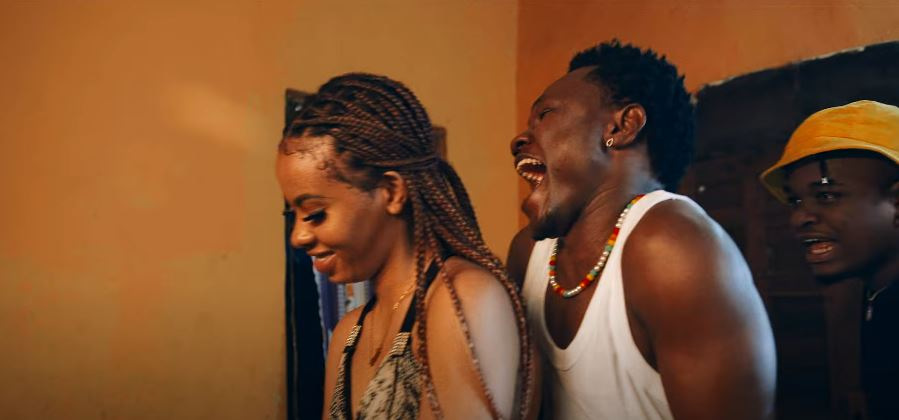Download Ameyatimba Remix: Whozu, Mbosso, and Billnass' Controversial Release
10 November 2023

[Ameyatimba Remix/bekaBoy]
Written by Pharis Kinyua
Download Rema's latest song free
The recent release of ""Ameyatimba Remix"" by Whozu, Billnass, and Mbosso has set the Tanzanian music scene abuzz. The song, originally meant to be a resounding hit, took an unexpected turn as it found itself at the center of a storm following its release, even without the approval of Diamond Platnumz, the country's music icon.
The saga offers an intriguing glimpse into the delicate dynamics of the music industry, artists' creative expression, and the regulatory authority's role in ensuring content complies with local norms.
Promote Your Music on Mdundo Today
DJ Msabato, who played a role in the creation of the song's music video, provided an inside perspective on the controversy. Speaking to a Tanzanian blog, he revealed that Diamond Platnumz, affectionately referred to as 'biggie' in the music circles, had not ""blessed"" the video before its release. The revelation sent shockwaves throughout the industry, raising questions about the relationships between artists and their management.
""We made this video a long time ago, about two or three months ago, but due to concerts, it was delayed. I was also told that 'biggie' [Diamond] had refused two or three times for it to come out, but I don't know why it came out,"" DJ Msabato confessed. This statement highlighted the persistent disputes within the project and hinted at a divide in creative vision.
Further peeling back the layers of the story, DJ Msabato disclosed one of the pivotal reasons Diamond opposed the song's release. ""There are some scenes that were not good. So I think that also contributed to the reduction, and probably Diamond rejected it,"" he stated. The specific scene that ignited the controversy depicted a woman being sexually assaulted.
DJ Msabato believed that perhaps the intention was to convey a message opposing violence against women, reassuring viewers that the content was fictional, not an endorsement of such actions.
After the three artists went against Diamond's wishes and released the video, it soon became evident that the storm was brewing. DJ Msabato, who also works in a radio station, had foreseen the moral and legal challenges the video would face, especially with the Tanzania National Arts Council (BASATA) in the picture.
The song's ban by BASATA came as no surprise to many. The regulatory authority cited the promotion of violence against women and the presence of obscene content as the key reasons for its prohibition. The scene that raised considerable concern and led to the song's ban was the explicit portrayal of a woman being sexually assaulted.
BASATA minced no words in its assessment, asserting that the song and video were ""offensive and harmful to the dignity of women"" and that they ""violate the Tanzanian laws and regulations on arts and culture.""
In the aftermath of the controversy, the artists involved have issued apologies to multiple parties. Whozu, Mbosso, and Billnass expressed remorse for releasing the song and video without Diamond's approval. Their apologies extended to BASATA and the Tanzanian people, acknowledging the offense that their work may have caused. The controversy has shone a light on the responsibilities and expectations that come with creative freedom and expression, especially when it potentially offends or violates established norms.
Diamond Platnumz, who was initially sidelined in the project's release, has also come forward to apologize for his role in the controversy. He claimed to be unaware of the song's content and the explicit scenes until after its release. The public reaction to ""Ameyatimba Remix"" has been mixed, reflecting the divergent perspectives that often emerge in controversial situations. While some have condemned the song and video for promoting violence against women and featuring obscene content, others have defended the artists' right to express themselves freely, contending that the work was not meant to be taken literally but rather as a form of artistic expression.
The controversy surrounding ""Ameyatimba Remix"" serves as a case study in the blurred lines between creative expression and societal norms. As artists continue to push boundaries and challenge conventions, they are also tasked with considering the potential consequences of their work.





Leave your comment